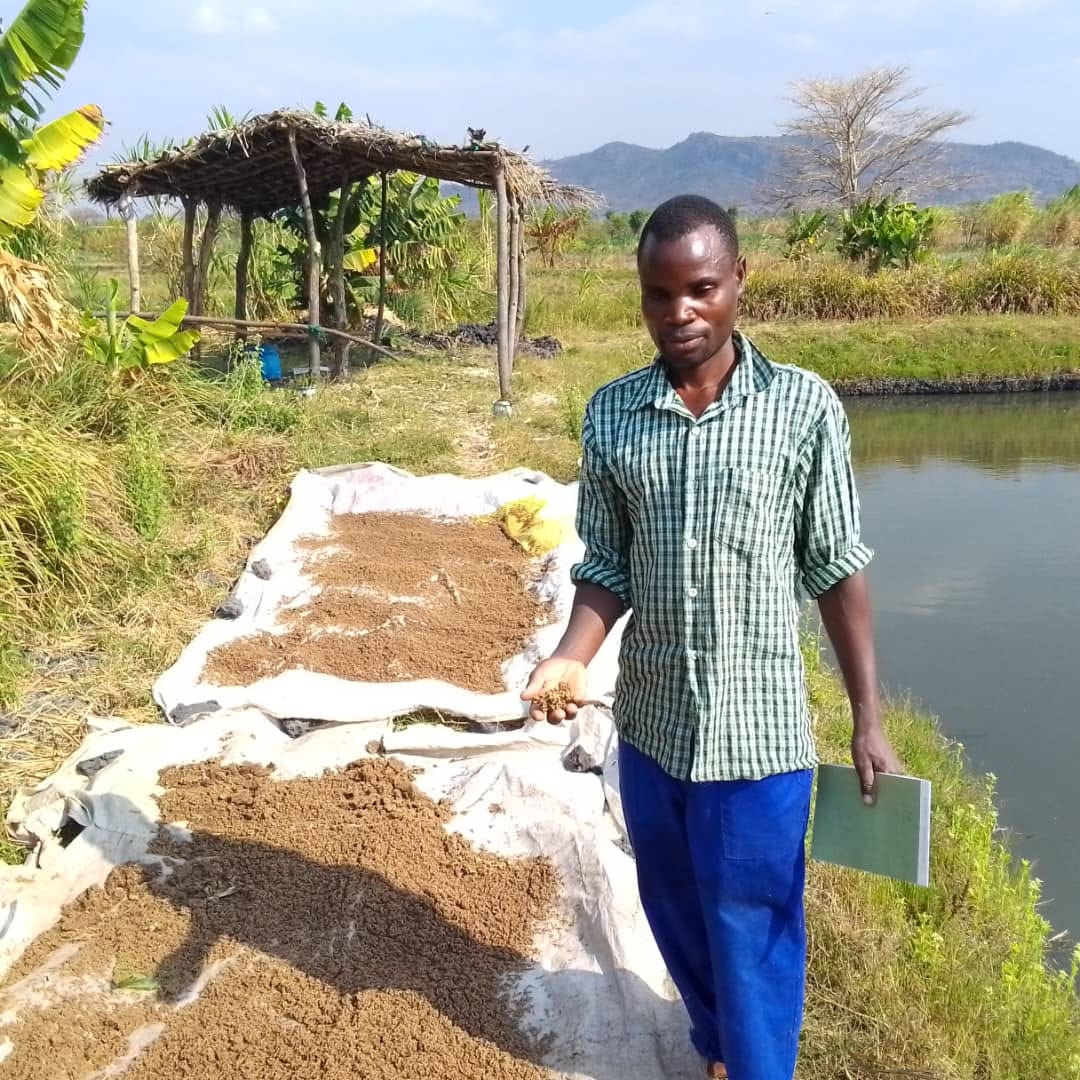Empowering Malawian Communities Through Sustainable Fish Farming: A Success Story
The impact of this endeavour is not confined to financial betterment alone.
Mchinji, Malawi — In the picturesque landscapes of Mchinji District, where agriculture is the lifeblood of communities but faces the harsh realities of climate change, a transformative initiative is making waves, writes Gerald Fanuel.
The Promoting Agro-Ecology Transition for Enhancing Resilient Agriculture (PAET-ERA) project, funded by Bread for The World from Germany and facilitated by Churches Aid in Relief and Development (CARD), is rewriting the narrative of farming, one fish at a time.
This remarkable project, initiated in 2021, has set its sights on fostering climate-smart agriculture, seeking to boost crop productivity, food and nutrition security, and income in the face of climate change.
Its impact extends to 48 farmers organised into two groups, comprising 30 and 18 members, respectively, hailing from Traditional Authority Kapondo and Simphasi.
Belium Banda, a beneficiary and chairperson of the Mame fish farming group, sings praises for the transformation CARD has brought into their lives.
He highlights how the organisation has provided them access to quality fingerlings, essential equipment, and invaluable expert training in fish farming.
"Our group started before CARD came in, but the difference CARD has made is incredible," Banda says. "We have gained invaluable skills in feeding, identifying, and taking care of the fish, skills that we lacked when we first started. They also provided us with a startup grant of K2 million, which we used to dig fish ponds, buy feed, and buy other essentials for fish farming."
The impact of this endeavour is not confined to financial betterment alone.
Banda explains how fish farming has not only enhanced their economic prosperity but also provided a consistent source of nutrition for their households.
"Each one of us has a fish pond, which essentially means everyone has enough for food and generates a considerable income," he proudly adds.
Stanley Kambanizithe, the chairperson of the Nthimbule fish club, emphasises that CARD's training has transformed their fish groups into business enterprises.
He sees the ready availability of fish in communities as an opportunity to establish fish shopping centres, ensuring convenient access to this vital source of nutrition.
Mchinji District Project Assistant for CARD, Jonathan Mateketa, shares his delight regarding the immediate impact on the communities. He acknowledges that the groups have been trained not just in fish farming but also in business management, ensuring the venture's sustainability. Efforts are underway to connect them with formal markets and financial institutions for loans.
Gertrude Kajadu, the Mchinji District Fisheries Officer (DFO), commends CARD for promoting fish farming in the district.
She emphasises that fish farming can significantly enhance food and nutrition security by increasing the consumption of animal proteins, a vital aspect given its affordability.
Kajadu acknowledges that challenges, such as diseases, access to well-structured markets, credit constraints, limited cash flow, and access to high-quality feed, persist in the aquaculture sector.
However, Mateketa remains optimistic that linking farmers to structured markets and associations will address these issues, reducing dependency on imported feed from other countries like Zambia.
The PAET-ERA project stands as a testament to the power of sustainable agriculture and community-driven initiatives, providing not only economic empowerment but also essential nutrition to Malawi's communities.



